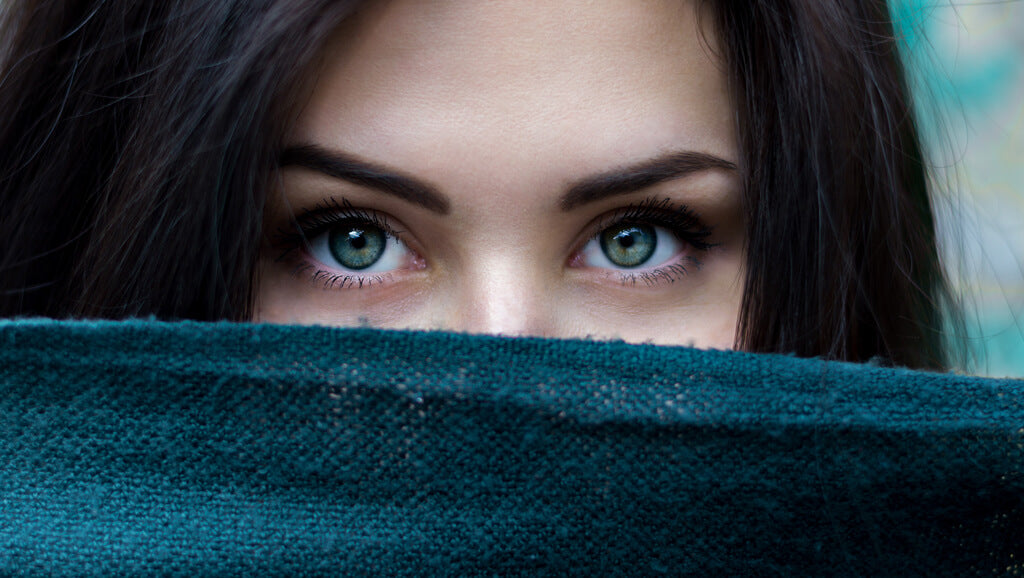Sleep is one of your body's most essential daily routines. Although it can be hard for many people to get the crucial eight hours of slumber doctors encourage, there are several steps you can practice to be more efficient at getting your needed rest. In fact, one in three adults struggle to get the proper amount of sleep each evening. Between not being able to fall asleep, or waking up in the middle of the night, there are many factors that can go into not getting a full night’s rest.
Additionally, one thing many people tend to overlook is how much your eye health can affect your sleeping patterns and schedule. Poor eye health can ultimately affect many parts of your body, however, sleep has a direct correlation with your eyes and how they function.
Eyesight Effects
Not getting enough sleep during the night can really mess up your routine the following day. Not only will your entire body feel fatigued, but your eyes will suffer the unfortunate consequences as well. Dry, itchy, and even bloodshot eyes are all common side effects of not sleeping enough. You also may experience eye twitches throughout the day from a lack of rest. Beyond your eyes, sleep deprivation can also affect your mood and motivation to get things done.
If you do find yourself sleep-deprived, there are many solutions you can make part of your routine in order to improve this aspect of your life. For example, instead of staring at your phone, laptop, or television before bedtime, consider reading a book or magazine instead. The light emitted from digital devices — you know, that blue light stuff we keep talking about? — can actually cause your eyes to stay more awake despite how tired you already are. So, don’t make it harder for yourself than it already is to get your snooze on. If reading isn’t necessarily your thing, writing in a journal or meditating can also help put your mind and eyes at ease as the night comes to a close.
Performance
Performance of your eyesight is also something that can be seriously impacted by a lack of rest. In addition to the normal side effects from being tired, you may also find your eyes playing tricks on you. Blurred vision and small visual hallucinations are extremely common in individuals who lack the required amount of sleep at night. Not only is this inconvenient, but it can also be dangerous depending on what tasks you have to do the following day.
In addition to your eyesight, you may also notice physical and psychological differences in your day-to-day experience. It’s always important to maintain a healthy schedule so that none of your important duties throughout the day fall short due to a lack of rest the night before. On the contrary, there also is such a thing as getting too much sleep during the night. Over-sleeping can also affect your body in negative ways, despite getting the required amount of rest. Some of the most common side effects of over-sleeping include fatigue, depression, and mental fog.
Eyewear
If you’re someone who normally wears contacts, having a pair of glasses to put on once you get home can make a huge difference in how your eyes feel as you wind down for the evening. Contact lenses are great throughout the day, however, wearing them for prolonged periods of time or while sleeping can ultimately dry out your eyes and damage your vision. Investing in a pair of eyeglasses that you can alternate with your contacts can make a huge difference in how your eyes function.
Additionally, you want to make sure your eyewear is properly fitted to your face. If your prescription is not accurate, or your glasses are too tight, this can cause severe discomfort and deeply affect your eyesight, making it more difficult to rest your eyes at bedtime. You’ll also find that your eyes may feel more tired throughout the day as they try to adjust to these circumstances. This is why finding the perfect pair of eyewear is not only important for your physical comfort, but your productivity as well.
An eye-opening match made in slumber heaven
Sleep and eye health relate to one another in a huge way. Not only can a lack of sleep cause eye problems, but it can also severely affect the rest of your body. Although it can be difficult to get a full eight hours of slumber each night, there are many different approaches you can take to help you achieve this vitally important part of your day.
Everyone deserves to have a relaxed and refreshing night of sleep. Not only will it help rejuvenate your mind, but it’ll heal your body and eyes in the best way possible.




